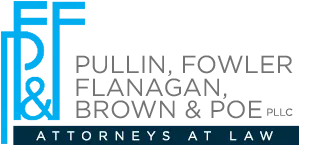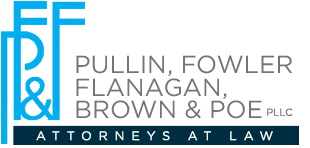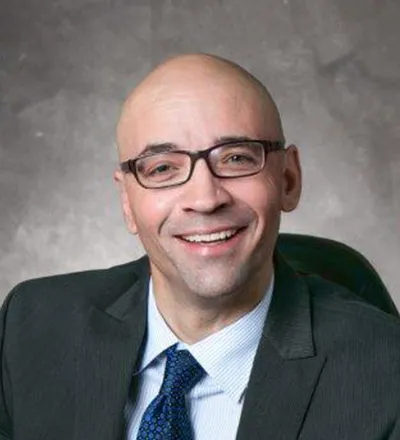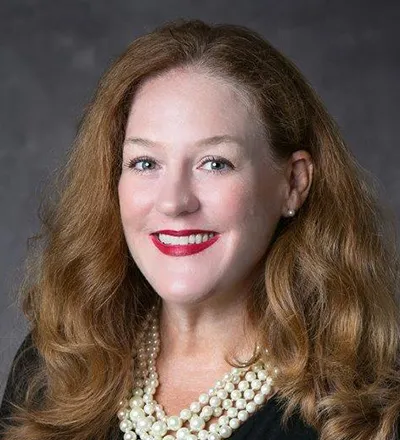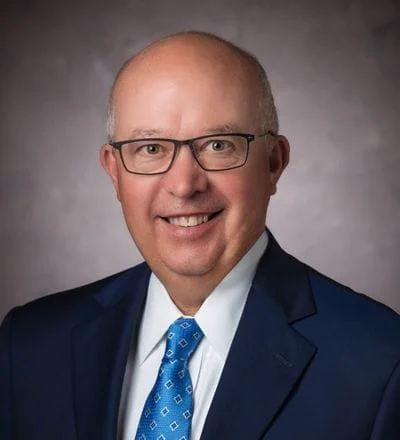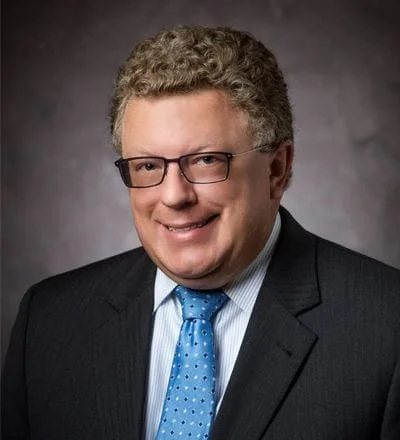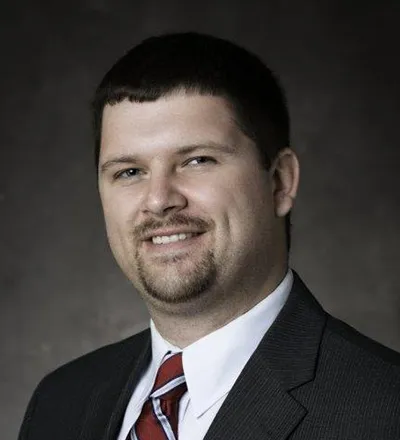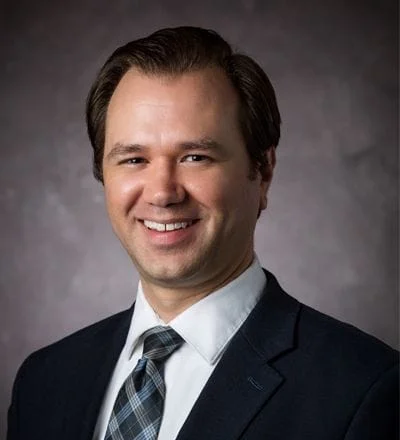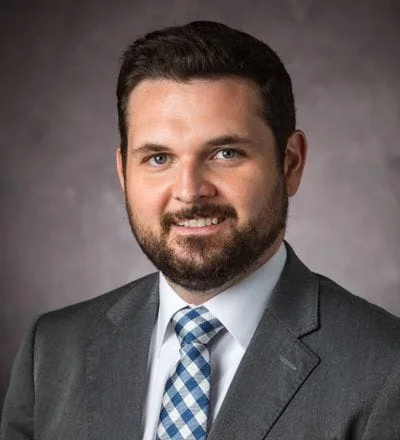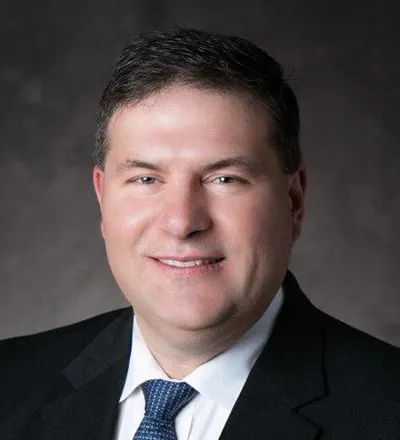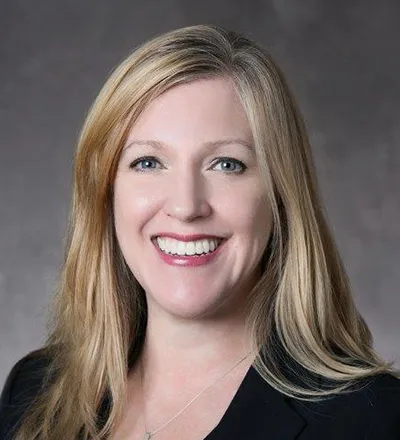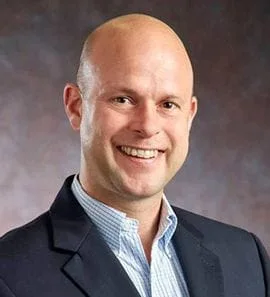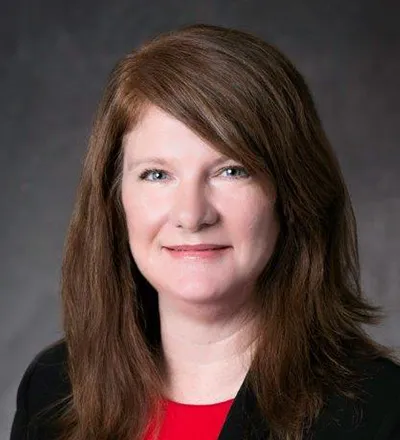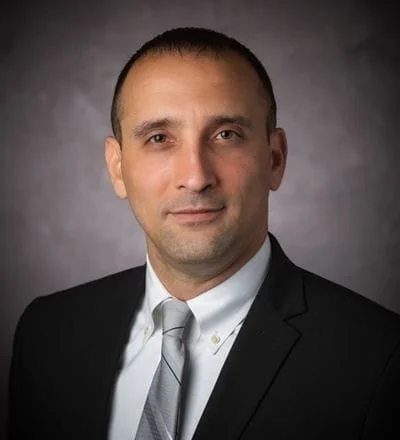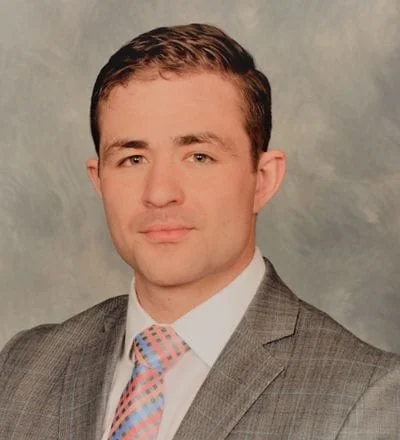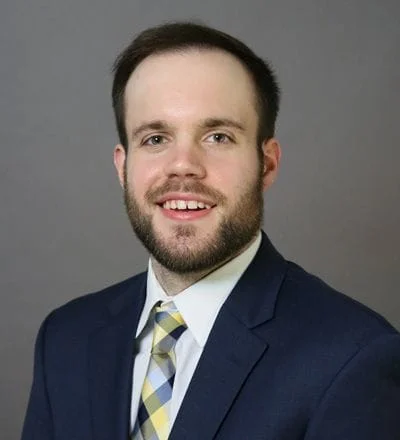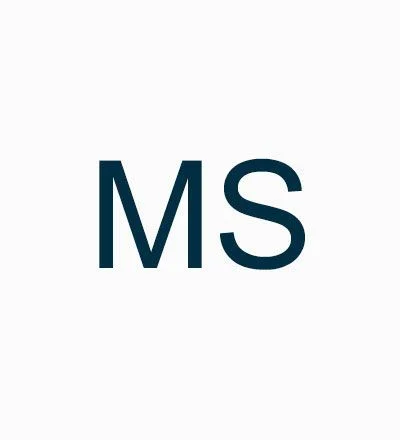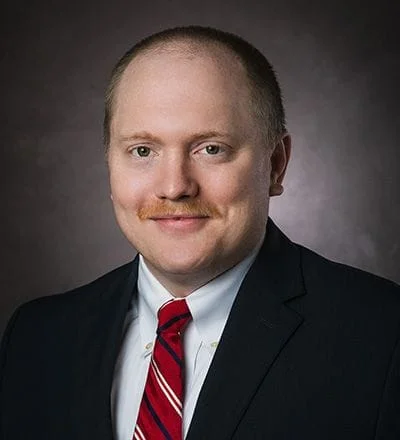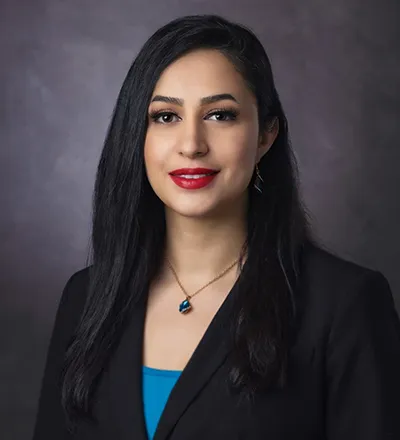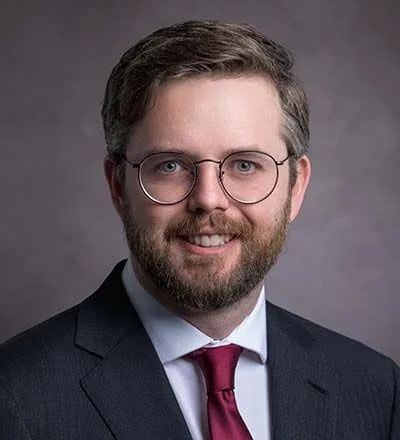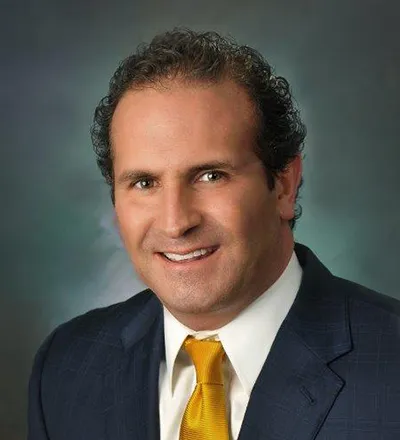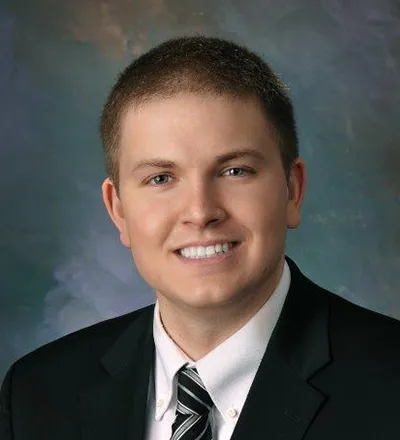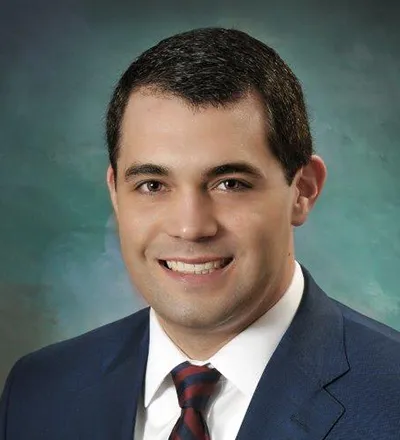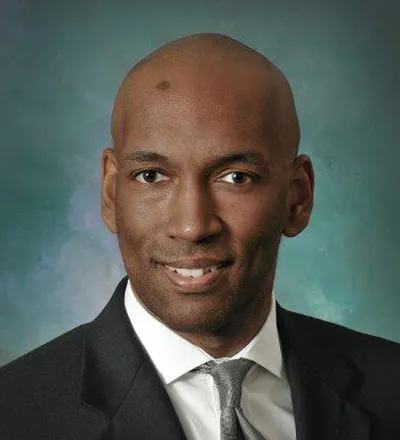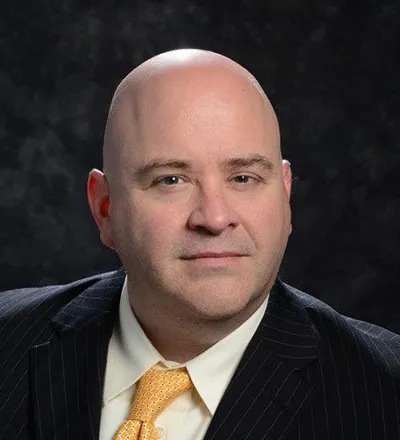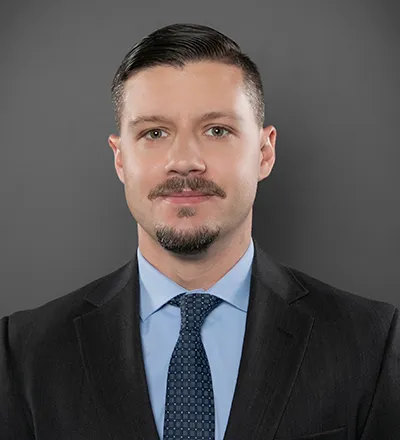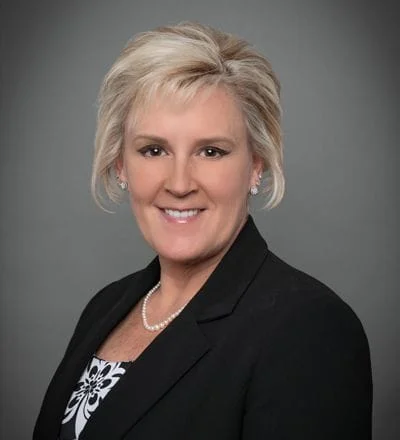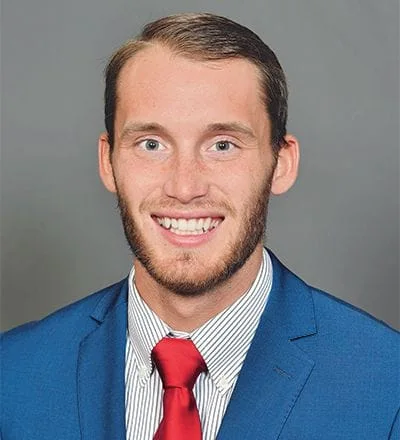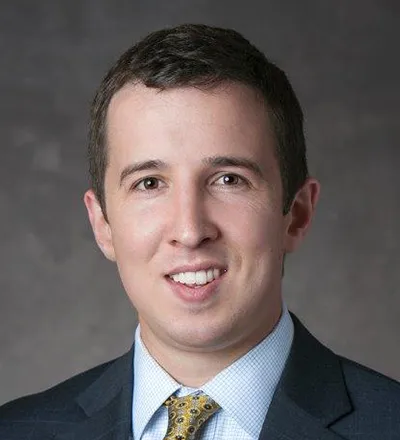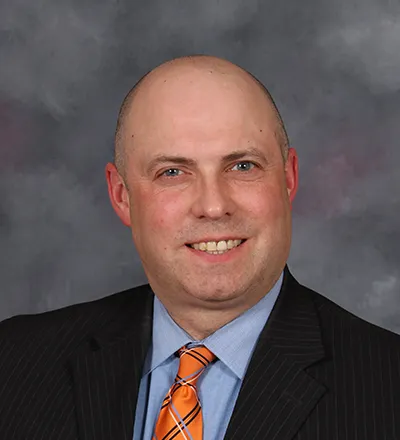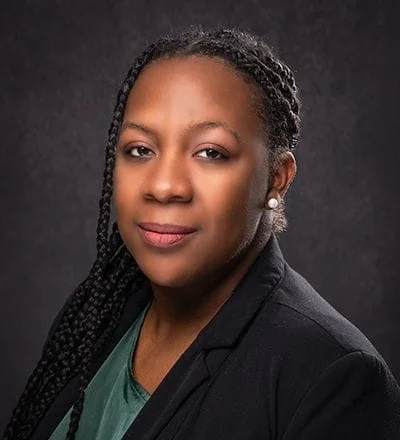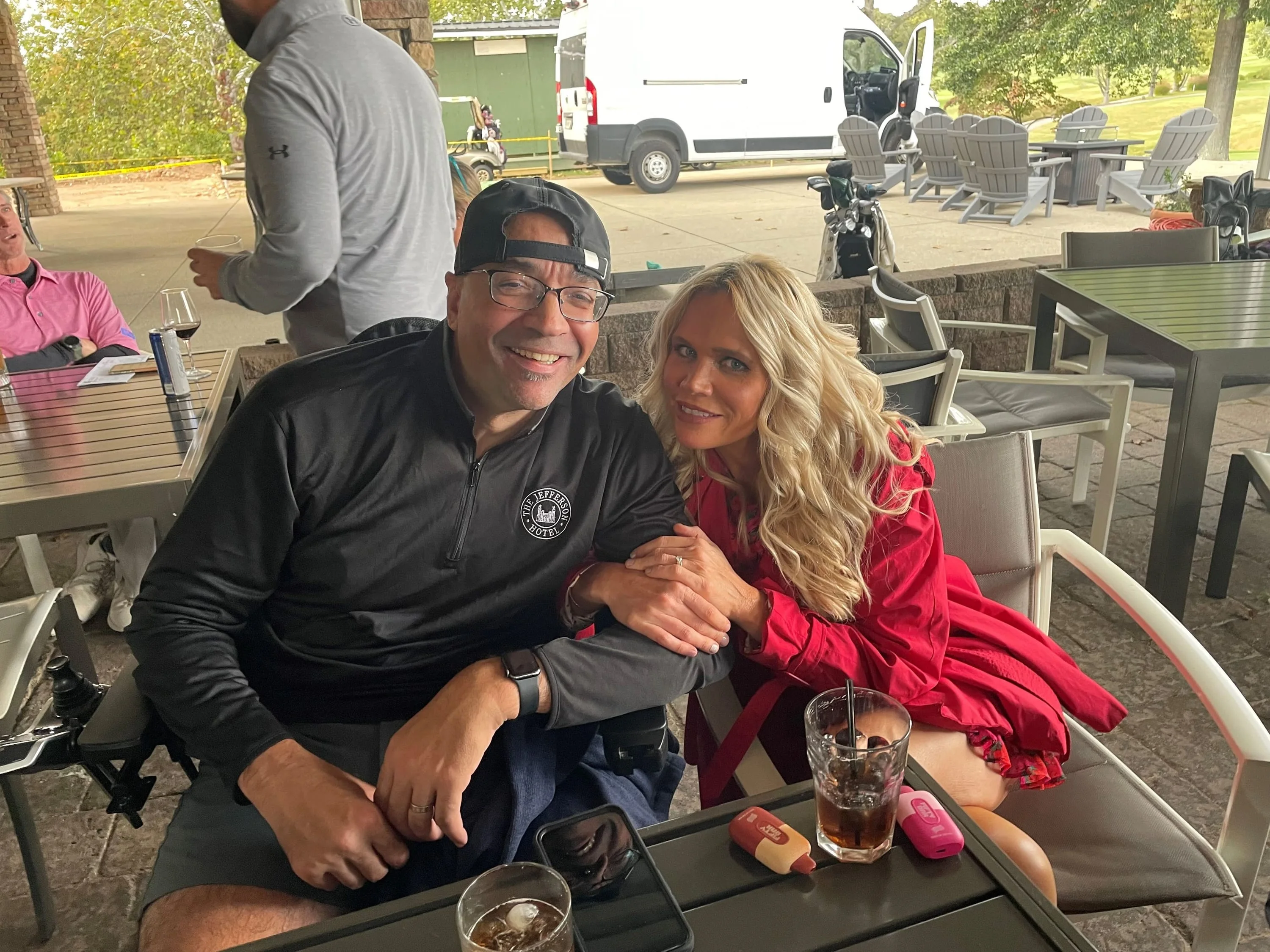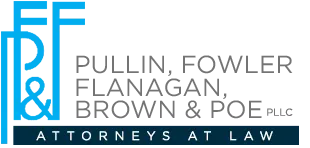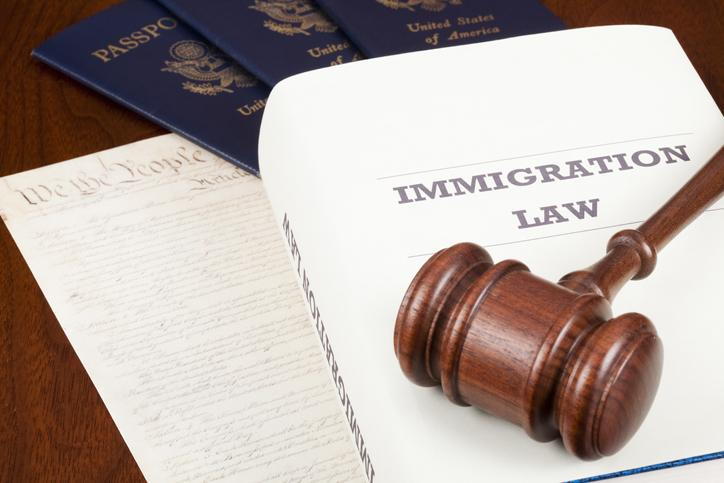
- posted: Dec. 15, 2021
Businesses in West Virginia sometimes find themselves trying to fill jobs for which local workers are in short supply. Hiring workers from abroad on a temporary or permanent basis can be an effective solution. However, this requires planning and attention to necessary immigration procedures, which can be complex and time-consuming.
In many cases, hiring a foreign worker requires obtaining a certification from the Department of Labor (DOL), which permits U.S. employers to fill jobs essential to the U.S. economy on a temporary or permanent basis. To obtain a labor certification, you must demonstrate that there are insufficient qualified U.S. workers available and willing to perform the job at the prevailing wage paid for that occupation in the area of intended employment. This step of the process can be prone to mistakes and setbacks, so it is advisable for business owners to work with a qualified employment law attorney.
For certain foreign workers, no labor certification is needed. Exemptions include:
- persons of extraordinary ability in the sciences, arts, education, business or athletics
- outstanding professors and researchers
- multinational executives and managers
- people with advanced degrees or who are of exceptional ability in the sciences, arts or business, provided that they will substantially benefit the U.S.
- DOL-designated occupations for which U.S. workers are in short supply, such as physical therapists and registered nurses
Whether or not a labor certification is required, you will most likely need to “sponsor” the foreign worker. This means filing a petition with the U.S. Customs and Immigration Service (USCIS) to designate the worker in the appropriate immigration category. That in turn depends on the type of work and on your particular needs.
With immigrant visa sponsorship comes a potentially long waiting period. This includes not only the time it takes for the DOL and the USCIS to process the case but also the wait for an available visa under the quota system, which can add months or years depending on which country the worker is from.
To cope with these delays, businesses often hire foreign workers initially on temporary visas. The most common ones are:
- H1-B visas — These allow employers to bring foreign nationals to the U.S. for three years (plus extensions) to perform specialty occupations.
- L-1 visas — These allow companies with overseas offices to transfer certain key employees to a U.S. location for three, five or seven years depending on the particular needs.
There are many potential complications in hiring foreign workers. Business owners should retain experienced legal counsel to spearhead the process, particularly in completing the applications and petitions and assembling supporting evidence, since mistakes can be costly in terms of both time and money.
The lawyers of Pullin, Fowler, Flanagan, Brown & Poe, PLLC handle all aspects of employment-based visa applications and sponsorships for West Virginia businesses of all sizes. Call our Charleston office at 304-344-0100 or contact us online to speak with an attorney.
